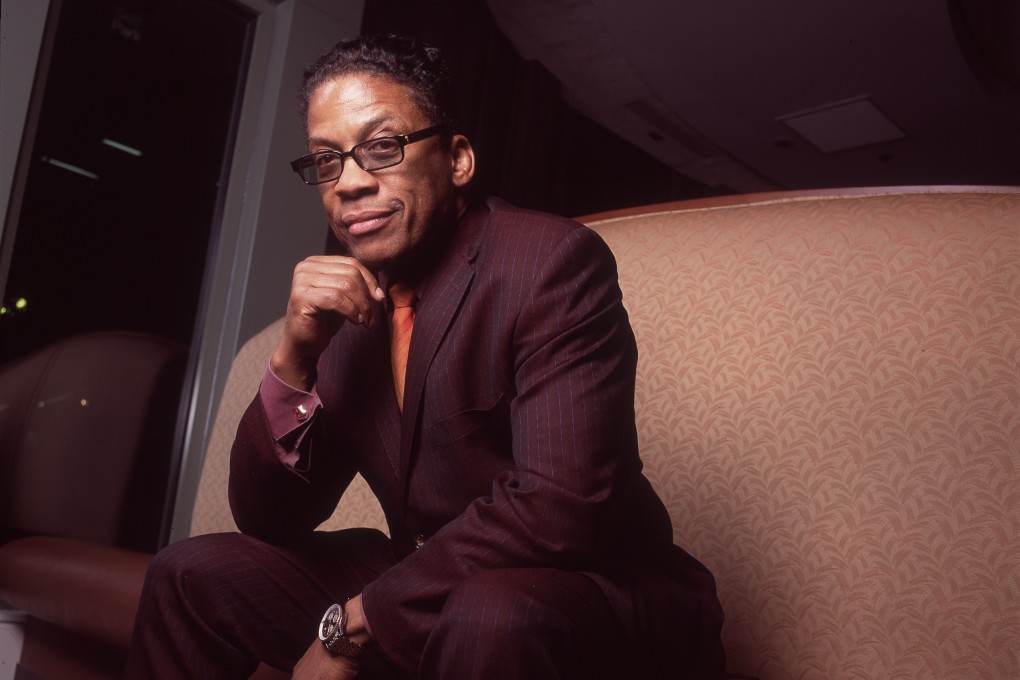Exclusive | Herbie Hancock on AI, the Snoop Dogg and Kendrick Lamar collab that never happened, and Kamala Harris for president
The 84-year-old legend reflects on his decades-long career ahead of his performance at Hong Kong’s Freespace Jazz Fest

“Oh, we didn’t talk about AI!” blurts Herbie Hancock, sitting upright as we wind up our conversation. “Everybody else is talking about AI.”
As arguably the most famous musical improviser on the planet, Hancock makes an unlikely champion of finding the art in artificial intelligence. But since the tech revolution dawned, the 84-year-old pianist has repeatedly spoken out about the potential benefits of bots in the creative process.
“I am optimistic,” Hancock tells me ahead of a headline slot closing Hong Kong’s Freespace Jazz Fest next Sunday. “I mean, we can get into trouble because they [AI] only know how to parrot stuff that’s on the internet and they can make mistakes. Sometimes they go a little crazy, you know?”

It’s not all that surprising to learn that Hancock – a deep-thinking cultural oracle who has lectured as a Unesco Goodwill Ambassador and at Harvard University’s prestigious Norton Lectures – has spent time thumbing up on AI.
“I think it’s going to be really, really exciting,” he says.

A preoccupation with new technology – coupled with fearless conviction and a peerless musicality – has put Hancock at the forefront of sonic innovation across multiple decades. In the 1960s, he helped popularise, and more, legitimise the use of electric keyboards in jazz, when his boss, Miles Davis, insisted Hancock trade the grand piano for a Fender Rhodes. In the 70s, Hancock’s swelling synthesiser collection propelled the jazz-funk and fusion movements, and in 1983 Hancock brought hip-hop culture to the masses with “Rockit”. Even into the new millennium, Hancock has continued to innovate, flirting with techno and drum-and-bass, on Future 2 Future (2001).